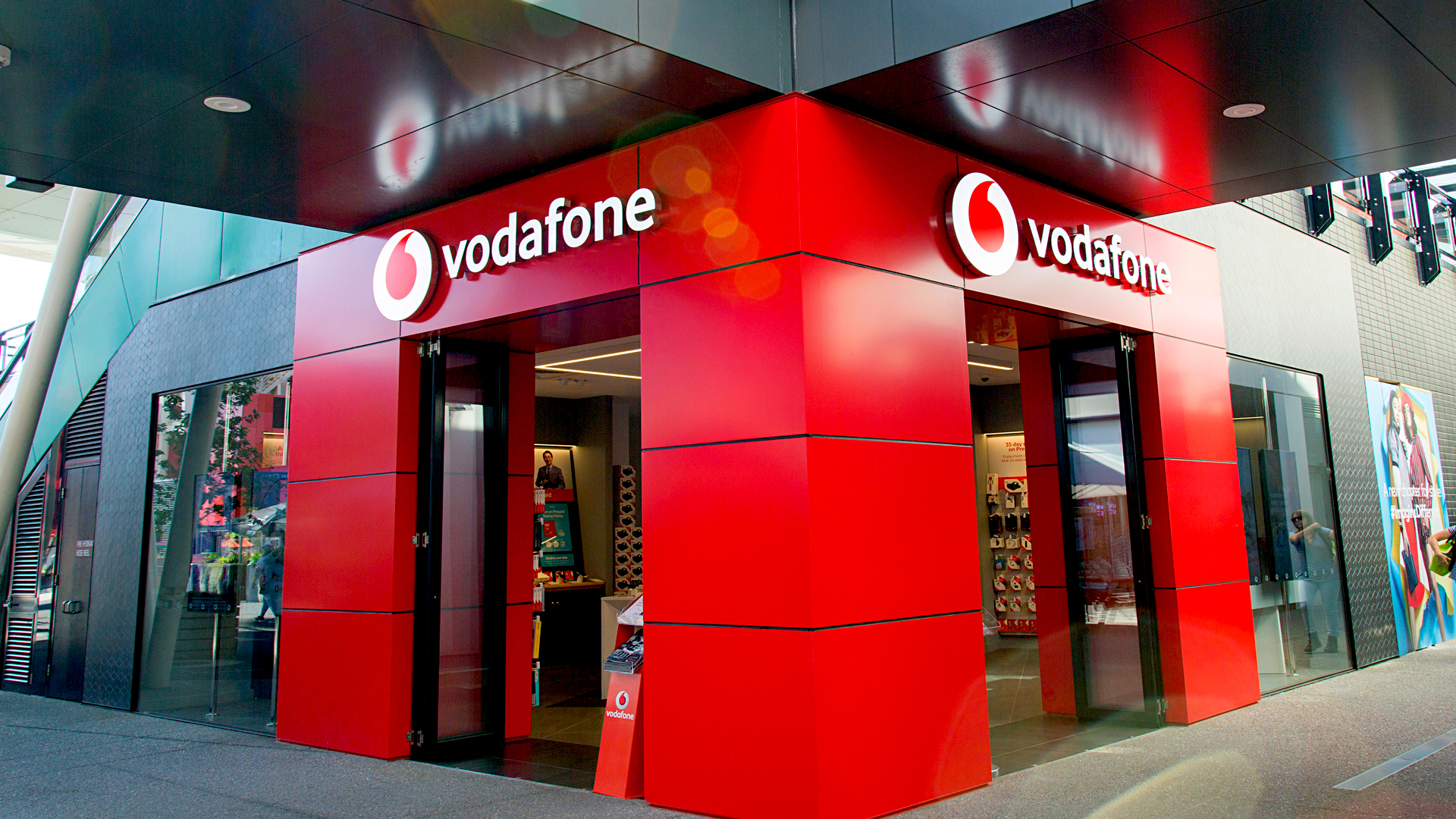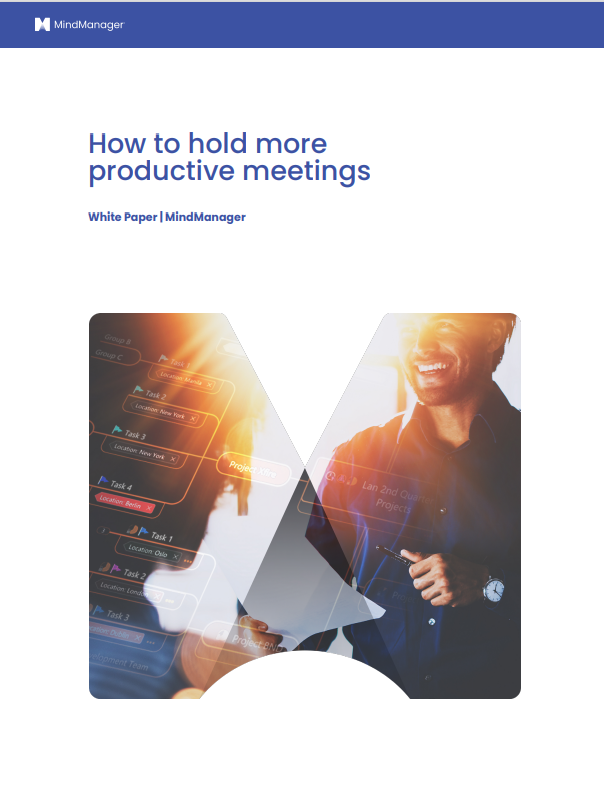"Inevitable" Vodafone and Three merger won't benefit business customers
A merger between the two companies doesn’t feel like a natural marriage, experts say, with pooled resources and expertise offset by less choice and disruption


A merger between Vodafone and Three is now “inevitable”, according to telecom industry experts, commenting on the revived talks between the two UK mobile operators.
The Financial Times (FT) was first to report on Thursday that Three’s parent company, CK Hutchison, and the Vodafone Group have been exploring ways to converge their UK businesses, reviving long-standing rumours of a merger.
Telecom industry analyst Paolo Pescatore described the deal as “inevitable”, yet largely non-beneficial to business customers.
“Three has only started to focus on business customers, whereas Vodafone has a stronger established presence. Ultimately, there’s limited benefits to consumers. The reasons for coming together seem to be driven by scale and reducing costs,” he told IT Pro.
Pescatore added that a merger between the two companies “doesn’t feel like a natural marriage”.
“On the network side, there are some obstacles that need to be overcome. Three UK has a network-sharing deal with EE, and Vodafone with O2. An agreement would need to be reached,” he said, noting that although the merger “does seem inevitable, coming together is no silver bullet towards the path of succeeding in the UK”.
CCS Insight’s Consumer and Connectivity director Kester Mann described the reports of talks between Vodafone and Three as “no surprise”, attributing the decision to Vodafone facing pressure from shareholders to strike new deals. Both operators are in need of “greater scale” in order to be able to compete with rivals BT and Virgin Media O2 in the competitive UK market, he added.
Get the ITPro daily newsletter
Sign up today and you will receive a free copy of our Future Focus 2025 report - the leading guidance on AI, cybersecurity and other IT challenges as per 700+ senior executives
“A few years ago, a tie-up between Vodafone and Three would have felt like an unnatural pairing. But in recent times, Vodafone has taken on more of a challenger role, notably evidenced by its launch of speed-tiered unlimited data tariffs. Three’s traditional focus is on market disruption and providing value for money, so their cultures may not now be too far apart. Additionally, the two companies have joined forces before, having merged operations in Australia a few years ago,” he said.
Despite this, Mann noted that “regulation would prove a significant hurdle to any deal”.
“This is because it would instantly create a new market leader based on mobile customers and own a vast trove of 5G spectrum. Some concessions would almost certainly be necessary,” he added.
Although the merger could result in better services for SMB customers thanks to “pooled resources and expertise”, Mann warned that it could also “reduce the number of offerings and stifle disruption”.
RELATED RESOURCE

How to hold more productive meetings
Tips and tricks to get the most out of your meetings
“Three sees the business sector as a leading growth opportunity as it seeks to build on its consumer heritage and leverage a strong 5G spectrum portfolio. The hire of Mike Tomlinson to lead its activities in this area is significant given his wide-reaching experience, notably at BT where he launched 4G into the UK business market under the EE brand. Mr Tomlinson is understood to be keen to disrupt the business market beyond merely affordable pricing. For example, to rethink how businesses buy connectivity, maybe by focusing on greater use of digital channels. Or to improve areas like flexibility and customer service. Further down the line, it could look at converged offers, combining mobile with fixed wireless access,” Mann told IT Pro.
The news comes as the UK’s Competition Markets Authority (CMA), which will ultimately be tasked in approving the Three and Vodafone’s merger, published the final undertakings related to the Cellnex’s acquisition of CK Hutchison’s sites in the UK on Friday morning. The Spanish wireless telecommunications infrastructure and services company was given the green light to acquire Three’s parent company on 3 March 2022.
Having only graduated from City University in 2019, Sabina has already demonstrated her abilities as a keen writer and effective journalist. Currently a content writer for Drapers, Sabina spent a number of years writing for ITPro, specialising in networking and telecommunications, as well as charting the efforts of technology companies to improve their inclusion and diversity strategies, a topic close to her heart.
Sabina has also held a number of editorial roles at Harper's Bazaar, Cube Collective, and HighClouds.
-
 Bigger salaries, more burnout: Is the CISO role in crisis?
Bigger salaries, more burnout: Is the CISO role in crisis?In-depth CISOs are more stressed than ever before – but why is this and what can be done?
By Kate O'Flaherty Published
-
 Cheap cyber crime kits can be bought on the dark web for less than $25
Cheap cyber crime kits can be bought on the dark web for less than $25News Research from NordVPN shows phishing kits are now widely available on the dark web and via messaging apps like Telegram, and are often selling for less than $25.
By Emma Woollacott Published